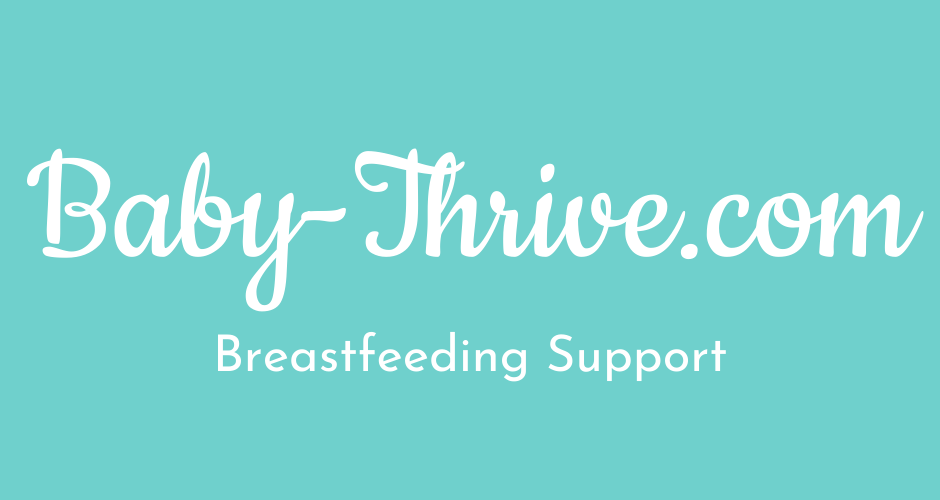Where babies sleep
During the "4th trimester" many parents find that the safe sleep advice is oppositional to their babies behaviour.
Parents are instructed to lay their babies down to sleep on a firm mattress but frequently find their baby just cannot settle there.
Research shows us babies & their breastfeeding parent are biologically hard-wired to sleep together, in this way they get more rest & better chances of successful breastfeeding*.
50% of all UK babies have bed-shared by the time they are 3 months old
So, even if you don’t see yourself bed-sharing, it's good to be informed, read the information and assess the risks for your individual situation so you can plan the safest option for you.
Many parents still use sleep-aids, swaddles or fall asleep with their babies despite safety warnings against doing so, sometimes because they think it’s safer than bed-sharing.
Babies are supposed to sleep lightly and wake often…
It's common and only natural that newborn babies just want to be on their parent 24/7, they are supposed to sleep lightly and wake often, in fact that pattern is protective for them**.
Parents should be reassured that it doesn't indicate baby is hungry or dissatisfied.
And there is good news:
Safe sleep 7 graphic from LLL.org at the bottom of this page outlines the 7 factors to check.
If you match these 7 factors then then your baby in bed with you is at no greater risk for SIDS than if he’s nearby in a crib. Note breastfeeding reduces risk of sudden infant death syndrome by approximately 50% at all ages throughout infancy***
This is a great science-based information page about baby sleep.
Would you would like me to visit you at home to advise on any aspect of baby care? Please see the home visits info (here). Sally
*Prof Helen Ball Durham university https://www.basisonline.org.uk/parents-bed/
** McKenna https://pubmed.ncbi.nlm.nih.gov/26295452/
***Breastfeeding and SIDS https://pubmed.ncbi.nlm.nih.gov/19254976/
A related article featured in The Bum Mag

